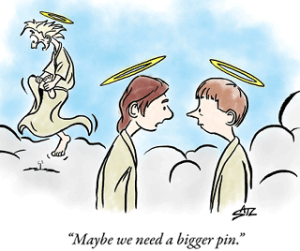Can We Get To 100% Renewables?

Well, here are some things to think about when it comes to a wholesale replacement of our energy resources.
• The proposal is ill-defined in terms of cost. In the words of 2GreenEnergy Associate Dr. Peter Lilienthal, “If you don’t care what you pay for it, I’ll find you all the clean energy you could ever think about using.”
• It’s ill-defined in terms of time frame. The longer we have to achieve that, the better and cheaper all the relevant technologies will become. Also, the longer we wait, the more urgent it will become, meaning that we’ll (conceivably) be willing to pay a higher price.
• It’s ill-defined in terms of technology. Does nuclear count?
• Most importantly, it’s unrequired to get us where we need to go. Using even significant amounts of natural gas to follow loads will cause a minimum of harm.
• On top of everything else, the negative impact of energy is actually smaller than the impact made by beef farming. It’s probably more important to decrease the amount of red meat we consume, or come up with lower-impact methods for raising cattle.
At the end of the day, this sounds more like a moot point than a reason to get excited; the whole discussion is like arguing how many angels can dance on the head of a pin.

Craig,
Remind me again why cattle raising is so harmful to the environment?
Before the the decimation of the herds by humans, the US Bison population was about 70 million, about the same as the current US cattle population.
But what is it about cattle you so harmful, apart from those advanced by vegetarians attempting to disguise a lifestyle choice as environmental consciousness.
Come on. Just look it up. It’s pretty noncontroversial.
Craig,
So, I take it you can’t actually explain your claim ?
I can, but I don’t want to. Here’s the first of 1.01 million hits I got Googling “beef environmental impact”: https://en.wikipedia.org/wiki/Environmental_impact_of_meat_production
Deforestation, fossil fuel usage, animal methane, effluent waste, water and land consumption.
“The livestock sector is a major stressor on many ecosystems and on the planet as a whole. Globally it is one of the largest sources of greenhouse gases and one of the leading causal factors in the loss of biodiversity, while in developed and emerging countries it is perhaps the leading source of water pollution.”
I really don’t have the patience to take this any further. Please just look it up.